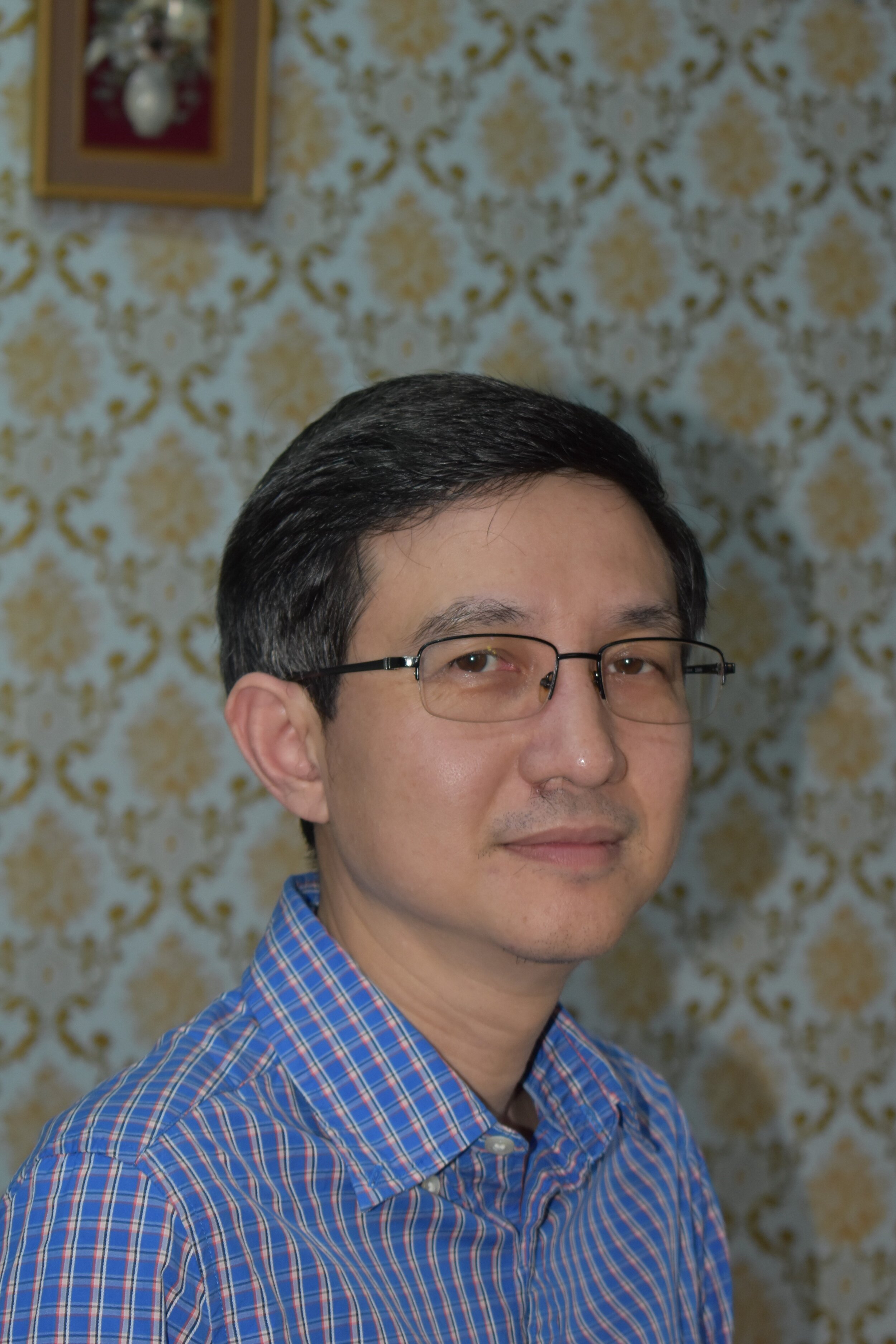Introducing Dr. Kyaw Win Tun
Dr. Kyaw Win Tun,
Director of the Pre-Collegiate Program of Yangon
During summer 2020, the Board of Trustees of the Pre-Collegiate Program of Yangon appointed former faculty member and recent doctoral scholar from the University of Wisconsin, Madison, Dr. Kyaw Win Tun, as the director of PCP. MFAE board member Patrick Arnold interviewed him over email to learn more about his background and vision for PCP.
Patrick Arnold: Dr. Kyaw Win Tun, the Myanmar Foundation for Analytic was delighted to hear about your appointment to lead the Pre-Collegiate Program as its new Director. I understand that you were formerly a teacher at PCP. Can you please share a little bit about your journey and what you have been doing since you taught there?
Dr. Kyaw Win Tun: I am also glad to lead the Pre-Collegiate Program. It was in 2005 and 2006 when I was teaching 3rd and 4th Wave. After I left PCP, I went for my graduate study in Curriculum and Instruction at the Portland State University in 2008 with Fulbright Scholarship. After the study, I came back to Myanmar. Then I went to the University of Wisconsin-Madison to pursue the doctoral study in Curriculum and Instruction. I graduated in May 2020.
Patrick Arnold: Can you please share some details about your educational philosophy and vision for the school?
Dr. Kyaw Win Tun: I want to conceptualize my educational philosophy using two Myanmar words: thi and myin. Thi means know and myin means see. If what one thi represents knowledge, what one myin represents experience. These two Myanmar words can be combined to form another single word – thi-myin, and its meaning connects knowledge and experience as a process. Thi-myin can be reversed to form one more word – myin-thi, and its meaning leads to interactive process of one’s knowledge and experience. My vision for the school is to nurture future, thi-myin/myin-thi leaders and citizens who are reflective and critical in their social acts.
Patrick Arnold: Your PhD program and time in the U.S. must have given you an unique insight into the experience of Myanmar students studying in the U.S. What can you share from your experience that helps inform you now that you are leading PCP?
Dr. Kyaw Win Tun: As an international student from Myanmar at the UW-Madison, I had an outsider view on society in the U.S. It means all the things in the Midwest particularly were new to me. At the same time, being outside Myanmar physically for a certain length of time, I could have an outsider view on society back home. Then I felt like between two places or bordering on two places. In other words, I felt like I was bridging two places. Leading PCP is also like bridging two spaces: the space inside and outside the nation.
Patrick Arnold: In your view, what makes the school and alumni community special?
Dr. Kyaw Win Tun: PCP alumni are the living examples that demonstrate effectiveness of this liberal arts education model of the school. We have over 200 alumni who are successful in their careers and whose services contribute to their immediate society with its impact on the world beyond.
Patrick Arnold: PCP is almost 20 years old and Myanmar has changed significantly since the school was founded. What role should the school play in this changing landscape?
Dr. Kyaw Win Tun: In its past, PCP was like a niche as well as a physical place where its students were learning liberal arts education, and where the youth from outside the Program had a taste of critical learning through Touchstones Discussions every Saturday morning. Now we have more non-profit schools like ours, but we have a unique model. The students are required to be full-time students for nine months, attending the classes, doing their community service, and participating in the academic school activities like having discussion with guest speakers, and participating in exchange students programs. They learn about their living society through their community services and through critical reading, writing, and discussing social science and humanities subjects in their course work. During the academic year, students also have field trips to places like archeological sites, historic sites, and natural parks, and they have their hands-on experience to learn about the past as well as the natural environment. After the course work and service work, they are required to take full-time internship in local or global non-profit organizations for six months. Then the students have an opportunity to explore their future careers and its likely impact on their society. We still keep its edge of teaching critical liberal arts education embedded in Myanmar context, and I believe this prepares PCP students in the past and at present to be socially responsible people. It will be the same in the future, and this future can be part of the future of Myanmar.
